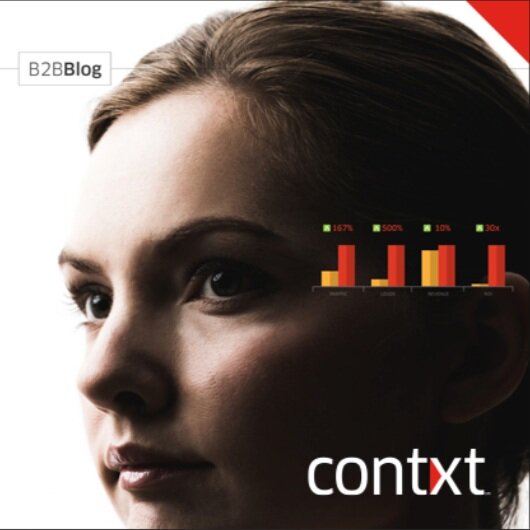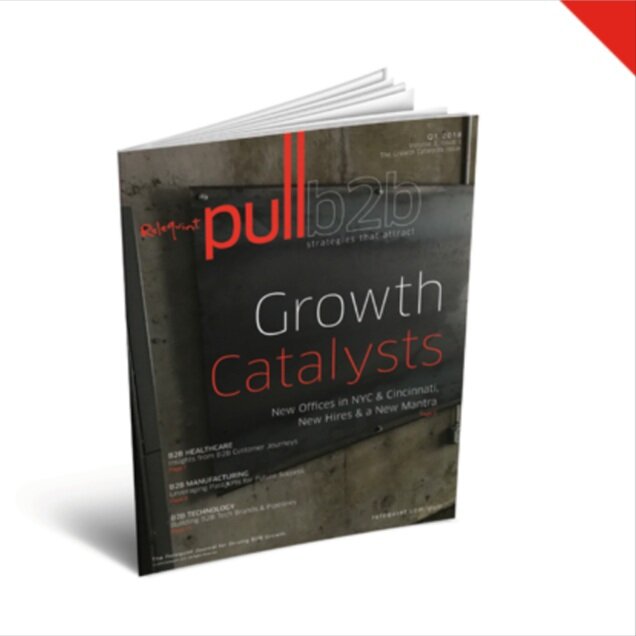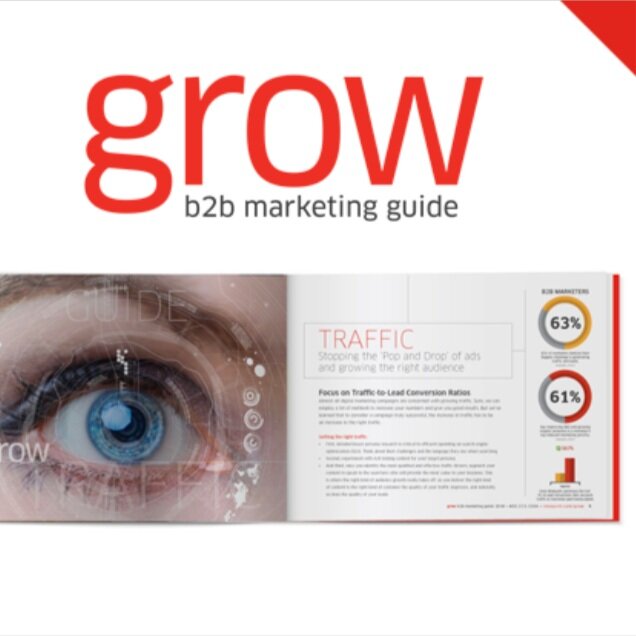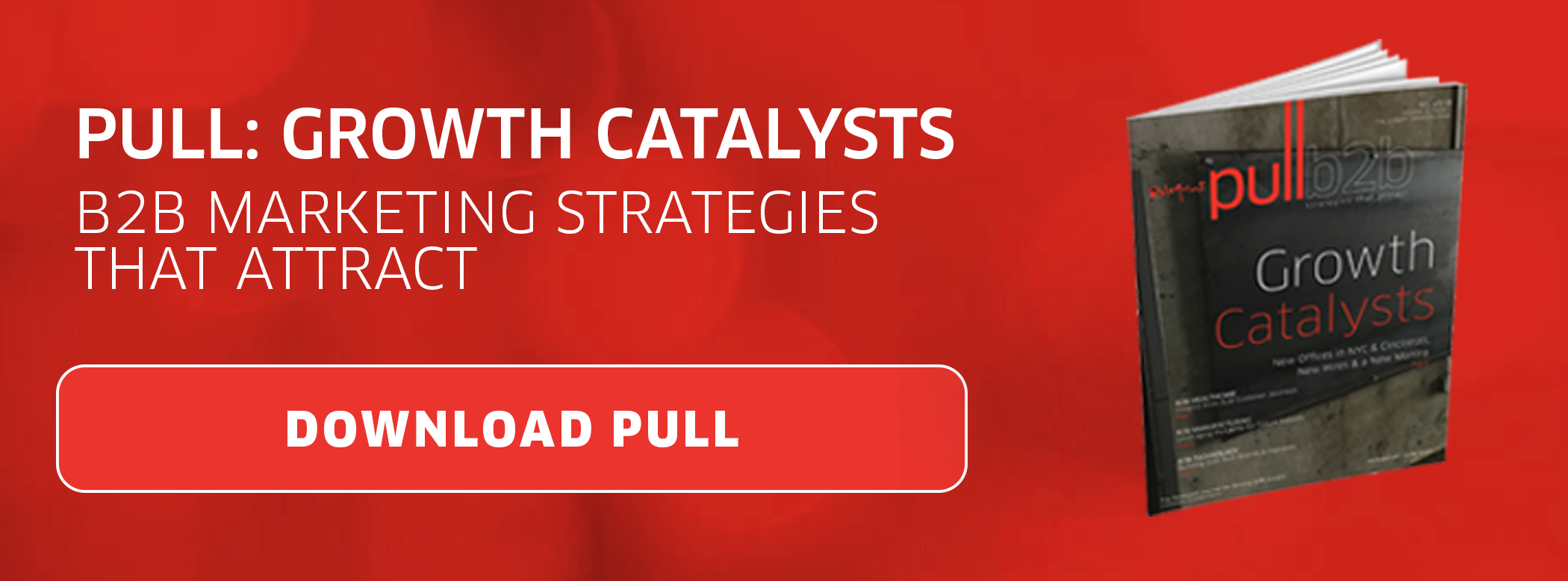 If you want to hone in on a B2B keyword strategy that's destined to bring dollars, then you must consider one critical word: intent. That’s how you’ll be able to sort out the buyers from the browsers and point them to the content or solution they’re looking for.
If you want to hone in on a B2B keyword strategy that's destined to bring dollars, then you must consider one critical word: intent. That’s how you’ll be able to sort out the buyers from the browsers and point them to the content or solution they’re looking for.
What are Buying Keywords?
Buying keywords tend to be used by people who have made it most of the way through the sales funnel and are now considering which solution to go with. They're aware of their problem, they've likely evaluated some potential ideas and they’re now ready to make the leap. In a perfect world, you would have already captured this person's attention and have them in your nurturing process — but some people simply don’t surface until they’re ready.
There are a variety of words that people use to signal their intent to buy, and you might have to spend some time with your keyword data to figure out which ones your prospects are using. Common words across industries include "where to buy," "discount," "best," "near me," and any time a specific product name or model number is used. B2B-specific words that signal intent to buy vary by industry and company but may include phrases like “get a quote.”
When to Use Buying Keywords
Because buying keywords point toward a sale, they tend to be more competitive and challenging to rank highly for. In addition, search-and-buy behavior is less typical for B2B purchases, especially if your purchase process is longer and tends to involve more decision-makers before a sale is completed.
When using buying keywords, remember that you're likely to be targeting people who have already worked their way down the sales funnel. To make the most of your B2B keyword strategy, offer late-phase content to searchers using buying keywords. Effective examples include free trials and demos, customer reviews, free consultations, pricing guides and FAQs.
What are Browsing Keywords?
Browsing keywords are a little more fluid, and it can sometimes be difficult to separate the wheat from the chaff in terms of those who are merely curious about a topic and those who are in the earliest stages of the buying process.
The questions that browsers ask tend to start with "what is" and "how do I," and usually will include descriptions of concepts, ideas and problems. The specificity of the question is often your clue to intent.
For example, "what is accounting software," is probably far too vague a question to bother targeting if you provide accounting solutions for mid-sized businesses. "What is the best accounting software for contractors," gets right to the point.
When to Use Browsing Keywords
Browsing keywords tend to pick up a bit more chaff, but they're often the only way to reach people who have just discovered a problem or are not yet even aware that they need a solution. They're also better for buyers who are going to do considerable research and take their time considering solutions. For searchers like these, you want to point them toward your information, not a sale.
To make the most of browsing keywords, remember that you're targeting top-of-funnel buyers. It will take some research along with a bit of trial-and-error to zero in on the best browsing keywords to target for lead generation. Start by thinking about how someone might describe a problem that you can solve, and go from there.
For example, answering the specific, information-seeking question "how do I market to patients while still complying with HIPAA laws," can serve as a great way to draw in qualified leads. However, even with a highly specified B2B keyword strategy that focuses on browsing words, you’re still likely to draw in plenty of curious passers-by. Just make sure your landing pages are optimized for lead generation.
Putting it All Together
Browsing keywords can help you collect more qualified leads, while buying keywords can help round up potential customers outside of your sales funnel. Take the time to figure out when and how to use each of them to boost both your lead-generation efforts and sales numbers. ![]()







 By
By 
